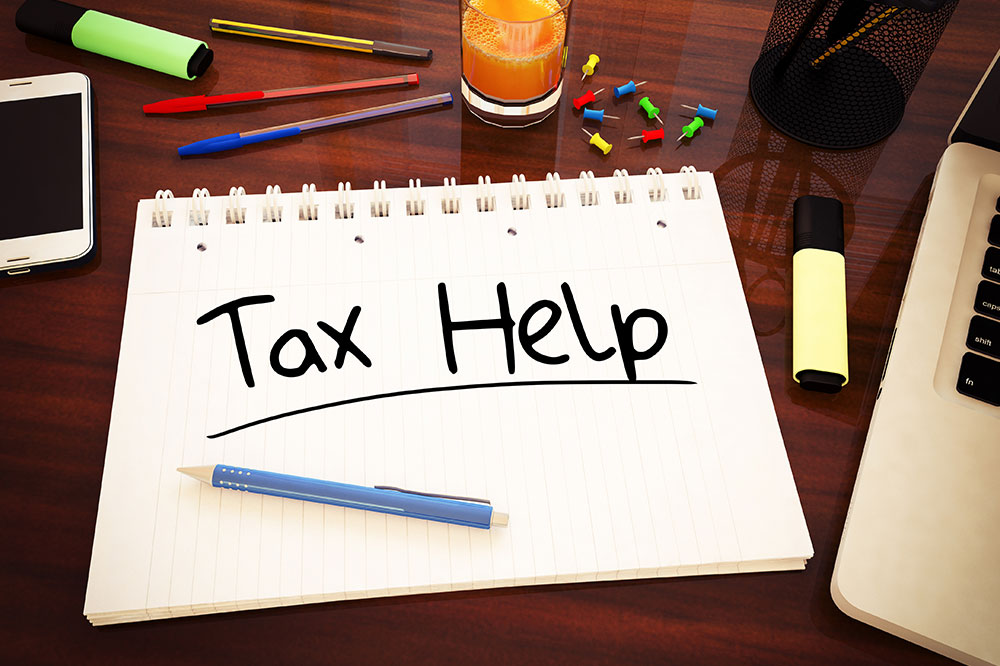
Tips to find a reliable tax help provider
Seeking tax help involves hiring tax advisors or preparers who help in the preparation of tax returns. Unfortunately, many who hire a tax preparer never question their credentials, and many don’t inquire their tax advisor if they would represent them in the tax audit if need be. Hiring a tax advisor means sharing every detail about your bank account, income, and even your social security number, so you must remember a few things if you seek a tax help provider.
Ask for their Preparer Tax Identification Number (PTIN)
Every tax help provider who assists in filing one’s tax returns for payment must have a PTIN, and the IRS requires tax preparers to mention this number on the return. That said, voluntary tax preparers may not have a PTIN.
Verify their credentials
Getting a PTIN is not tricky for a tax preparer, so you must go a step further and look for an individual with the right credentials. You can hire someone who’s also a licensed attorney, a certified public accountant, or an enrolled agent, or someone who has completed the IRS Annual Filing Season program. Preparers can complete the Annual Filing Season program through the Accredited Business Accountant/Advisor and Accredited Tax Preparer programs. These credentials require an individual to pass certain exams and complete their study in a specific field. You can run a quick search through the IRS directory to check a tax preparer’s credentials. There, you can find tax help providers with PTINs and IRS-recognized professional credentials.
Seek referrals
After you know what kind of service you require, you can start your search for a tax preparer with the right qualifications. One of the best places to start is seeking recommendations is from your friends, family, and colleagues.
Analyze the tax preparer’s professional record
Once you have a few choices, you can research in a little detail and ensure that they are reliable. You should be in a position to trust a tax help provider before you start working with them. You will be sharing quite a few important and sensitive personal details with them, so the selected individual should have a good professional reputation. It is advisable to assess your chosen tax preparer’s history before you hand them your financial documents and tax files. You can know more about the tax advisor’s reputation by searching them with Better Business Bureau (BBB), which grades tax preparers from A+ (highest) to F (lowest). This can help you know what to expect.
Ask for a quote and compare it
Ensure that you read the contracts carefully and ask the tax preparer how much they charge for their services. Additionally, determine whether you’ll need to pay any extra fees for e-filing state, federal, and local returns, apart from charges for any unexpected issues. Some tax preparers won’t state the costs upfront, and they may say that it’s impossible to determine the cost until they know of all the required forms. You can request a quote after showing them the forms you completed last financial year to overcome such a situation.
Once you have the quote from a tax help provider, compare it with that of a few other tax preparers to ensure that you’re charged fairly.
Walk away if a tax preparer charges wrong
If a tax preparer says that their fee depends on the size of your refund or if they say they can get you a bigger refund than others, consider it a red flag and look for another credentialed preparer.
Ensure that they will have your back
A good tax preparer should be available even after filing your taxes. If the IRS points out any errors in your tax forms or performs an audit, your tax help provider should help you with the details.




